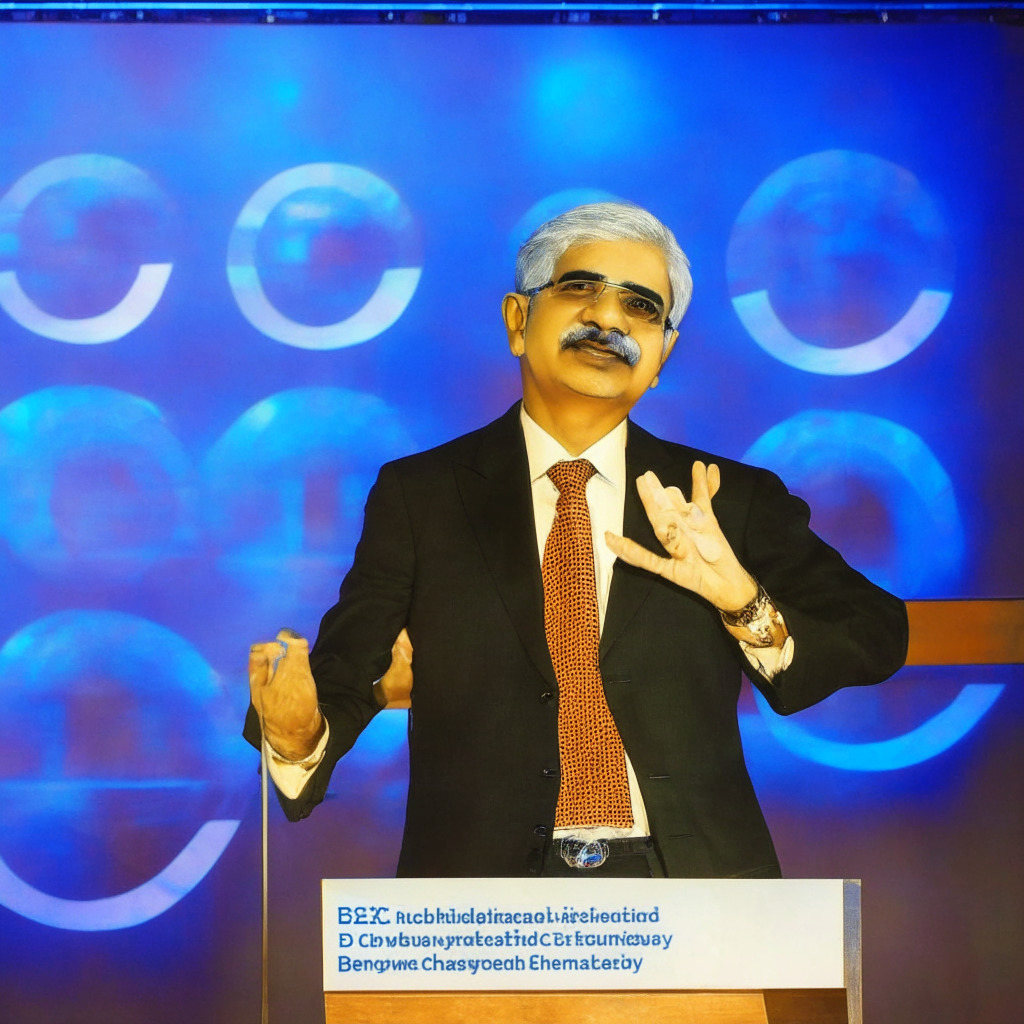In an innovative idea proposed by Alex Gluchowski, co-founder of Matter Labs, the Ethereum network could see the formation of an ‘Ethereum Supreme Court’. The fundamental concept behind this is the creation of an on-chain hierarchical court system functioning in tandem with current judicial systems. Gluchowski’s vision is that such a system could act as a protective shield against undue interference from external forces, and consequently bolster the solidity of the Ethereum as a robust network state.
There would certainly be a structure to this judicial construct, with layers of courts handling diverse issues such as disputes and emergency upgrades. A prominent example as per Gluchowski would be that if there should be an emergency upgrade to a protocol, an appeal period would be triggered during which a user may submit a challenge to the higher court. This, however, would require a pre-defined bail deposit from the user. This system envisions protocols such as Aave and Uniswap contesting matters in courts like CourtUnchained or JusticeDAO, these courts would make primary decisions with the Ethereum Supreme Court as the final destination for dissenting parties.
However, the real question is, how viable is this initiative? While Gluchowski has faith in the project and has even committed to funding research into it, he concedes that its success hinges greatly on social consensus. Furthermore, the system is designed to be costly, thus supposedly ensuring only truly extraordinary cases could be brought before the Ethereum Supreme Court. Such constraints could either act as a deterrent for trivial disputes or limit access to judicial assistance for legitimate yet smaller issues.
It’s also important to remember that while creating a parallel court system may seem ground-breaking, there are existing solutions to handle such disputes. One might wonder whether it is crucial to construct a new system when improvements and refinements could be made to existing ones, albeit these may not always be effective. For example, time-locked features on smart contracts may not be suitable in emergency situations and while a security council could address this, it can only provide temporary respite.
In conclusion, the proposal of an ‘Ethereum Supreme Court’ sparked a whirlwind of discussion, promising a sophisticated governance structure for the Ethereum network. Alternatively, it could amount to an expensive system of adjudication that offers no foolproof resolution to existent issues. The pivotal point to ponder is if this judicial architecture is just a creative experiment or a concrete solution for a crypto era.
Source: Cointelegraph




